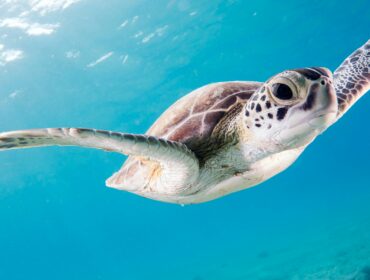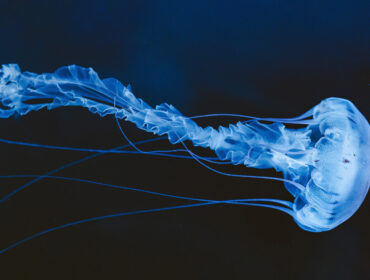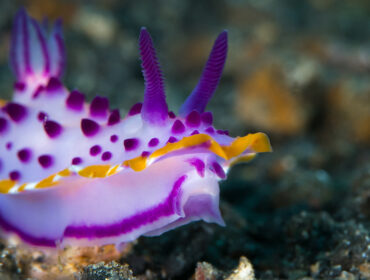Relationships form all over the animal kingdom, sometimes between the most unlikely of species. While some of these relationships can be harmful or only beneficial to one party, many more are beneficial to all parties involved, which is referred to as a symbiotic relationship. One curious example of symbiosis is the shark-remora relationship, found in many tropical oceans. This relationship has developed over centuries, with little change in the way the two interact over all this time.
A remora is a small fish that usually averages between one and three feet in length. Over time, their front dorsal fins have evolved into an organ that acts like a suction cup on the top of their heads. This organ is used to attach the fish to a passing shark, usually on the shark’s belly or underside. Remoras have also been known to attach to whales, manta rays, and the occasional diver.
The shark-remora relationship benefits both species. Remoras can eat scraps of prey dropped by sharks. They also feed off parasites on the shark’s skin and in its mouth. One species is even known to consume feces from the host.
The remora receives more than just a convenient food source; it is also protected from predators and given free ocean transportation. By keeping the waters clear of scraps around the shark, the remoras prevent the development of unhealthy organisms near the shark. The host shark is also kept clean of irritating parasites that could adversely affect its health. Remoras are not to be confused with pilot fish, another species that travels with sharks in a similar symbiotic relationship. Pilot fish swim alongside sharks but do not attach themselves.
The Truth About the Shark and Remora Relationship
Studies have shown that many species of shark seem to be aware of the benefits a remora has on their lives and well-being. Experiments in captivity have demonstrated a change in a shark’s behavior in the presence of remoras. Sharks have been observed slowing down in the water, even risking their own survival, to allow remoras to attach themselves.
However, this is not true of all shark species. Sandbar and lemon sharks have been documented acting aggressively and even consuming possibly beneficial remoras. Despite these rare instances where the behavior deviates from the general course, the shark-remora relationship is one of the ocean’s most steadfast and will likely continue for millennia.




